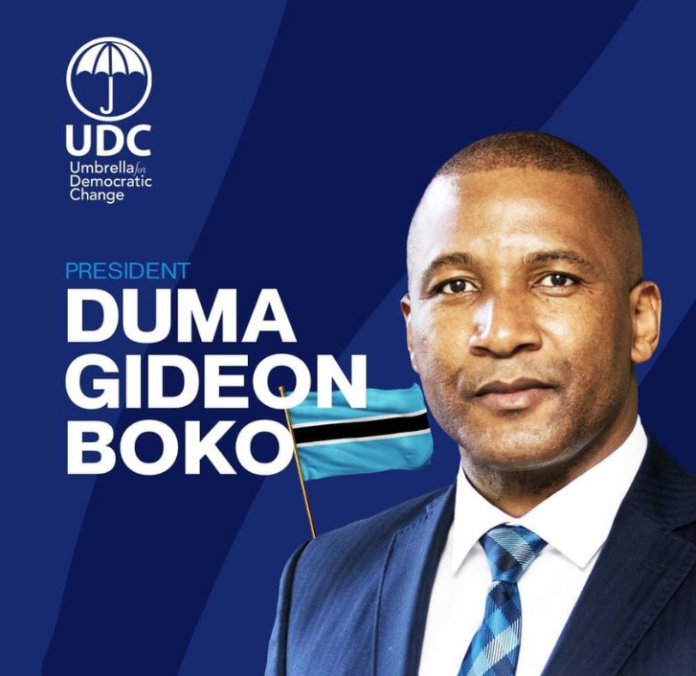After nearly six decades in power, Botswana’s longstanding ruling party, the Botswana Democratic Party (BDP), has lost power in a significant political shift.
The Umbrella for Democratic Change (UDC), under the leadership of Duma Boko, has taken control, beginning a new chapter for the country.
The change comes as a result of public dissatisfaction with economic stagnation and high unemployment rates, which have been major issues under President Mokgweetsi Masisi’s leadership.
By Friday afternoon, the BDP had secured only four parliamentary seats, indicating a clear rejection from voters.
Masisi congratulated Boko in a gracious concession, asserting his respect for Botswana’s democratic processes.
“I will respectfully step aside and participate in a smooth transition process ahead of the inauguration,” Masisi stated, emphasising the importance of peaceful power transfers.
The results triggered celebrations in the capital, Gaborone, and across the country as opposition supporters expressed joy.
The UDC, now holding an outright majority with 35 seats in parliament, has pledged to address pressing issues.
The party aims to create up to half a million jobs and implement an economic strategy focused on equitable wealth distribution.
Job creation tops list of priorities
The new administration’s urgent task is to focus on job creation, noting the high unemployment rate despite Botswana’s diamond wealth and tourism industry.
The Botswana Patriotic Front (BPF) and Botswana Congress Party (BCP) have also made gains, securing five and 14 seats, respectively.
Political analysts in the country commended the smooth transition, rare on the continent’s political landscape.
This election marks Boko’s third attempt at the presidency.
A former human rights lawyer, Boko, founded the UDC in 2012 to unite opposition parties against the dominant BDP.
People view his victory as a manifestation of the public’s desire for change.
“What has happened today takes our democracy to a higher level,” Boko commented, acknowledging his party’s strong showing.
Botswana’s economic challenges, exacerbated by a downturn in the diamond market, have put pressure on the government to diversify its economy.
The UDC’s rise signals a shift away from the status quo, with a focus on addressing the needs of the country’s unemployed youth and reducing economic reliance on diamonds.
The BDP’s decline has been gradual, with its popularity dipping below 50% in the 2014 elections.
Opportunity for renewal
Despite Masisi’s campaign promises of “change”, voters remained unconvinced.
His administration faced allegations of corruption, nepotism, and mismanagement, further eroding public trust.
The new government faces the formidable task of rejuvenating the economy and creating jobs. Economists emphasise the importance of diversification and strategic stability in the mining sector.
Botswana, known for its stability and prosperity, now stands at a crossroads.
With a new government poised to tackle longstanding issues, the nation has an opportunity for renewal.
This historic election outcome highlights the power of democratic processes and the will of the people to demand meaningful change.
As Boko and the UDC take charge, all eyes are on Botswana’s next steps towards a more diversified and equitable future.



